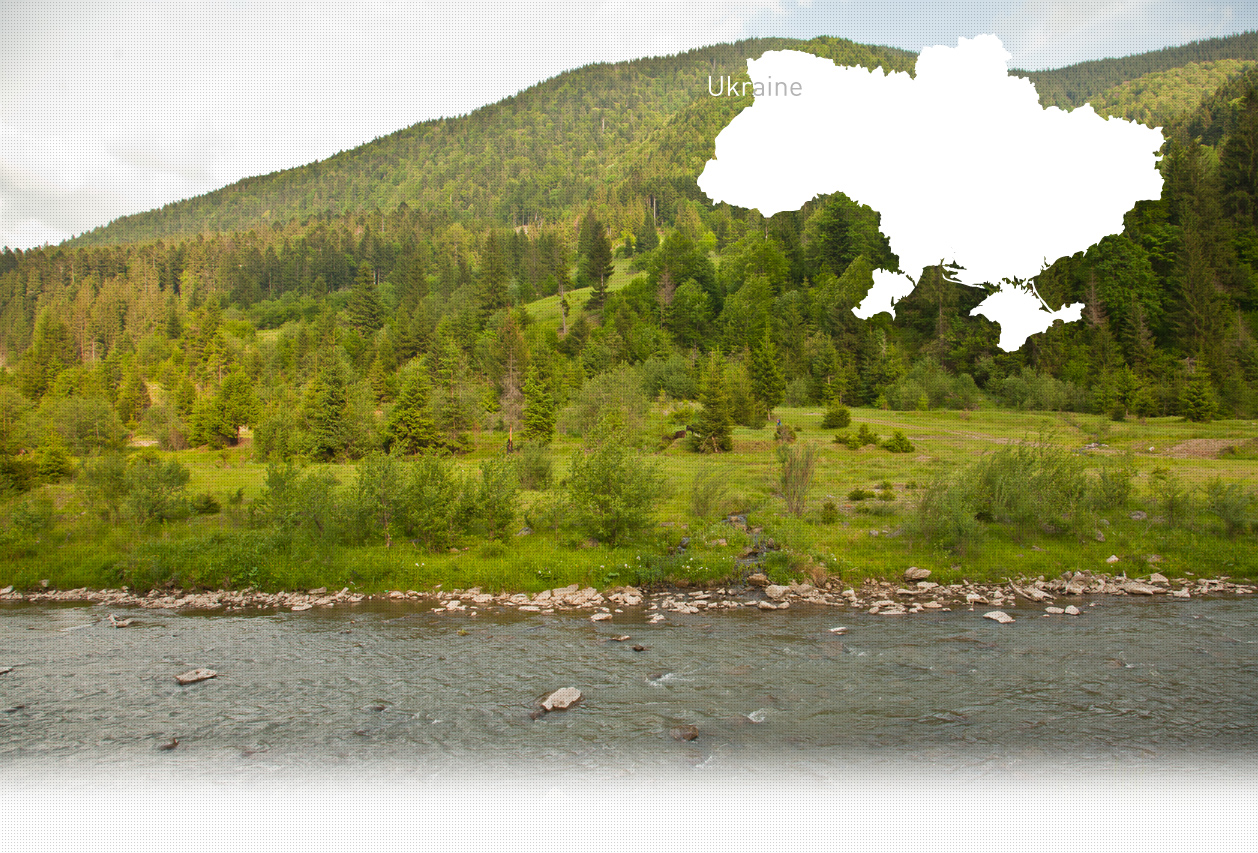

1 Killing site(s)
Igor S., born in 1927, remembers the prewar life: “The Jewish quarter was situated around the big synagogue not far away from my house. There was no difference between nationalities. Jews and non-Jews shared food during Easter and Pesach. Especially I liked the dish called Galki, it was a kind of soup with crushed matzah. I had a lot of Jewish friends. I even knew a few words in Yiddish. Jewish and non-Jewish children went to the same school. My Jewish classmates were Minka, Yilka, Feika.
There was also a cheder, the Jews made matzah in its cellar. There was a man in charge of the ritual slaughter; the Jews ate only kosher food.
Jews worked as hatters, tailors and so on. Some of them made very expensive hats. The Jews named Kozulin, Krasavitski were traders. There were 3 Jewish mills. A mill belonging to a Jew named Kaspin was burned in 1943 during the German retreating. The second belonged to Pruzhanski and the third to Voznesenski. Two elderly men, the Levinsons, who lived with the Gendlin family, repaired oil stoves and printing machines. Two of my Jewish neighbors were hairdressers; one of them was named Negunski Minia. Lazar Leibovich Weiner transported goods. One of the Jews, Mikhail Yudkevich, was the head of the candy factory, he was dekulakized by the Soviets.” (Testimony n°2236, interviewed in Hlukhiv on June 10th, 2017)
“The Germans persecuted the Jews, they did not give us bread, did not allow us to work, and shot us. I was sick with hunger and fear.
I was arrested twice by the Germans. I was taken to the execution. The first time was on January 10th, 1942, […] but the kommandant, whose name I do not know, released me. The second time was on February 9th, 1942. I was arrested with my wife. We were locked in the komandantur where many Jews and Russians had been already confined. The detainees in that room had been beaten up; and the bed was covered with blood. The Germans broke my teeth. As for my wife, they put her on a chair and wanted to cut her head with an ax, but they hit the side, missing her neck. All our belongings had been confiscated.
Besides that, I know that in Hlukhiv, the Germans shot 105 Jews including children and elderly people. All of these people had suffered terrible torture. […] In January 1942, I saw a truck arrive to the Sigalov’s house. They took old Dolot Sigalova by her feet and hands, and threw her into the truck. In September 1941, the family of Shlioma Gurevich was arrested: his wife, his old mother aged 90, her two children aged 9 and 20 months. They were all shot. At the same time, the Kaplun family that consisted of four members was arrested and shot, including the four-year-old child. I was released because I was seriously ill and I could not walk, also because I gave all my belongings to them.” [Deposition of a Jewish survivor Khaim Volfovich Girchevich to the State Extraordinary Commission; 22.002M:7021-74-477]
Hlukhiv is located on the banks of the Esman river 143 km north-west of Sumy. The first records of the Jewish community go back to the 18th century. At the time, the town was a big trade center. There were more than 200 shops, 5 small factories, mills and wineries. According to the census, in 1897 3,853 Jews lived in the city comprising 26% of total population. In March 1918 the troops of the Red Army conducted pogrom in Hlukhiv, and as a result, about 270 Jews were killed, including the local rabbi. Due to the relocation, the Jewish population dropped to 1,500 Jews. Back then, there were three synagogues in the city, cheder and a Talmud Torah. The majority of Jews were engaged in small businesses and tailoring craft. Some of them owned local industries such as pearing mills. Hlukhiv was occupied on 7th September 1941. By that time, the majority of Jewish population managed to evacuate leaving behind the part of Jews, mostly of mixed families.
According to the witness interviewed by Yahad, shortly after the Germans arrived, all Jews were registered and marked with armbands. Moreover, the curfew was implemented in the city. Later, a military and agricultural kommandanturs were created. In the end of 1941- early 1942 about 105 Jews were shot. Men, women and children were chased out from their homes by the Germans assisted by the local police, and taken in trucks to the place not far from the town where they were shot. In November 1942, the police and the gendarmerie arrested about 700 people in the Hlukhiv district and placed them in the camp near the military town. Later they were shot outside the city. According to the historical sources about 12,000 persons were confined in Hlukhiv, in the camp. Hundreds of prisoners died of hunger or cold within its walls while the rest most likely died during their transport to Shostka. The corpses were buried in the mass grave located close to the camp.
Do you have additional information regarding a village that you would like to share with Yahad ?
Please contact us at contact@yahadinunum.org
or by calling Yahad – In Unum at +33 (0) 1 53 20 13 17